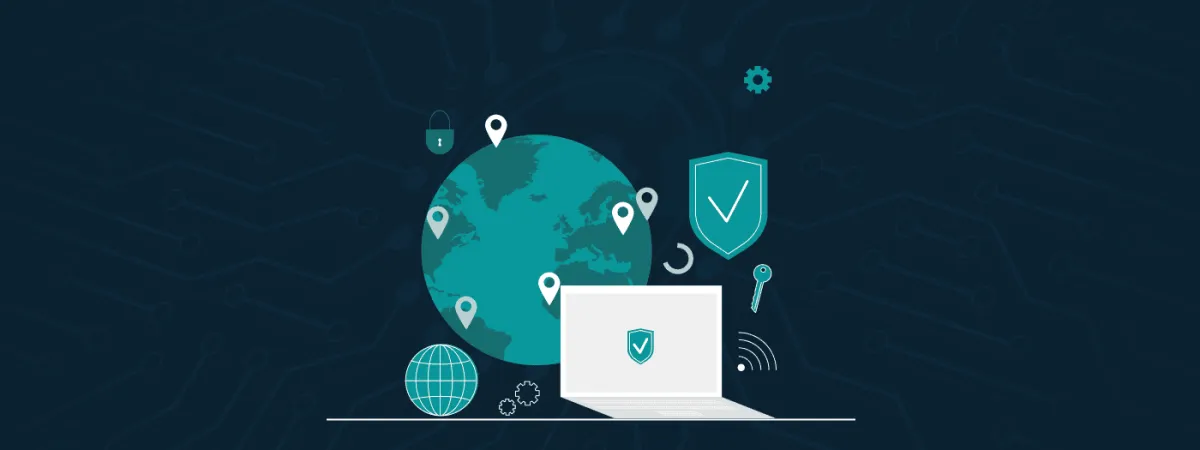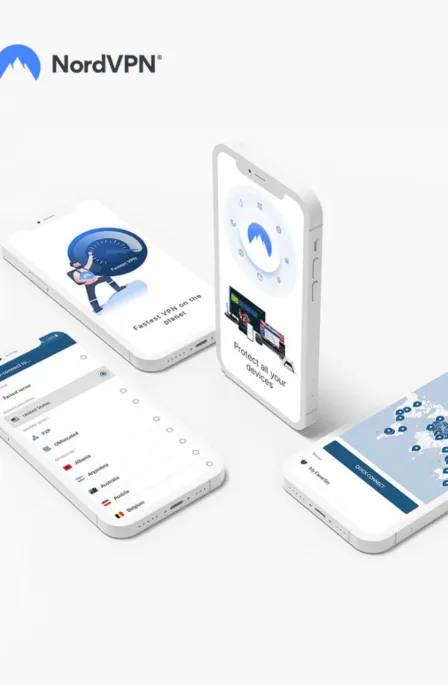A virtual private network (VPN) is a hardware and software interface between a computer and a connection to the Internet. The VPN server provides the access route to the Internet, and the VPN software provides the security for that connection.
Typically, a VPN service will supply the servers for its customers. The server encrypts the information and data passed to and from the VPN server, making it secure and virtually untraceable. Some companies will have their own VPN servers as part of their company-wide network for those that work in a remote location permanently or occasionally.
The VPN server is essentially a firewall. The server carries the data in a “tunnel” and provides a secure connection with the Internet. The servers utilize a series of IP addresses and randomly assign an IP address to each Internet connection. This masks the computer’s identity and prevents it and its data transmissions from being monitored and tracked.
The VPN server also carries data packs that utilize a specific protocol to transmit the information in an encapsulated format to keep it private and secure. “Tunneling” technology extends the privacy of any network by using a VPN offered by a third party or a private VPN server as part of a corporate or even an individual personal network.
VPN servers have become very sophisticated over the years. The servers not only support desktops and laptops but also any device with connectivity capabilities. This allows iPhones, iPads, and Androids to connect to the Internet safely and protect and keep all data saved.
The VPN server does not inhibit connection to the Internet but enhances the connection experience with additional security and a level of anonymity experienced through a non-VPN server.
Share this article
About the Author
Related Posts

What Is VPN Split Tunneling And How Does It Work? Which VPN Offers?
Split tunneling is a VPN feature that allows you to route some of your traffic through the VPN tunne...

What Is VPN Encryption, Types, Protocols And Algorithms Explained
Encryption is a method used to enhance the security and privacy of the data or information that is s...

Why is Opera VPN Not Working? How To Fix Opera VPN?
Author findings: Overall, it’s a slower VPN to use. Also, it will provide just a proxy tu...

How does a Firewall, Anti-Virus and, VPN Differs? Explained!
More often than not, most people tend to forego their devices’ security for pure confusion. Wi...

A Guide to Choosing the Right VPN for Downloading
How to hide downloading files from ISP? From the very start of the hilarious popularity of P2P file-...

What is Port Forwarding and how does it work?
Port Forwarding is a technique used to redirect computer signals between the local network and the i...





